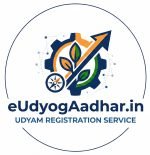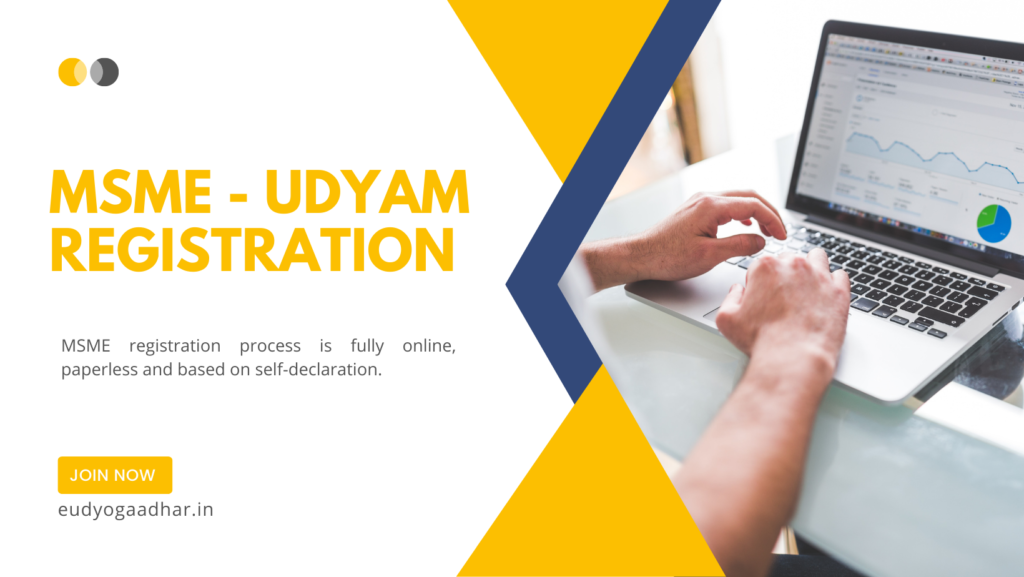As of my last update in January 2022, the Indian government had implemented various packages and schemes to support the MSME (Micro, Small, and Medium Enterprises) sector, which is a crucial contributor to the country’s economy and employment generation. However, for the most current and detailed information, I would recommend checking the latest updates from official government sources or reliable news outlets. Some of the initiatives that were in place or might have been further developed include:

- Emergency Credit Line Guarantee Scheme (ECLGS): This scheme aimed to provide additional funding to UDYAM affected by the COVID-19 pandemic. Under this scheme, collateral-free loans were provided to eligible businesses.
- Atmanirbhar Bharat Abhiyan (Self-Reliant India Mission): Launched as part of India’s economic response to the COVID-19 pandemic, this initiative included various measures to support MSMEs, such as collateral-free automatic loans, credit guarantees, and equity infusion.
- Pradhan Mantri Mudra Yojana (PMMY): This scheme provides loans up to Rs. 10 lakh to non-corporate, non-farm small/micro-enterprises. It aims to promote entrepreneurship and employment generation.
- Credit Guarantee Fund Trust for Micro and Small Enterprises (CGTMSE): CGTMSE provides credit guarantees to financial institutions for loans extended to UDYAM. This scheme helps MSMEs access credit facilities without the need for collateral or third-party guarantees.
- Technology Upgradation Fund Scheme (TUFS): TUFS provides financial assistance for the modernization and upgradation of technology in MSMEs in certain sectors such as textiles.
- Udyog Aadhaar Registration: This online registration process simplifies the registration of UDYAM by replacing the earlier system of multiple forms with a single form.
- Cluster Development Programme: This program aims to enhance the productivity and competitiveness of UDYAM by promoting the development of industrial clusters.
These are just a few examples, and there may have been additional measures introduced since my last update. For the most accurate and up-to-date information, it’s best to refer to the official websites of government agencies responsible for UDYAM development in India.
What is (UAM)Udyog aadhar
The Udyog Aadhaar Memorandum is a registration form prescribed by the Government of India for micro, small, and medium enterprises (MSMEs) in order to register themselves as MSMEs under the MSMED Act, 2006. This memorandum serves as a self-declaration by the MSME regarding its existence, ownership details, type of enterprise, and other relevant information.
The Udyog Aadhaar registration process is entirely online and free of cost. It aims to simplify the registration process for MSMEs and promote ease of doing business. Once registered, UDYAM can avail various benefits provided by the government, such as subsidies, schemes, and easier access to credit facilities.
The information required for registering through the Udyog Aadhaar Memorandum includes:
- 1.Name of the enterprise.
- Type of organisation (Proprietorship, Partnership, Private Limited, Public Limited, etc.).
- 2.Address of the enterprise.
- 3.Date of commencement of business.
- 4.Previous registration details, if any (e.g., SSI, DIC, EM-II, etc.).
- 5.Details of the owner/partners/directors of the enterprise.
- 6.Details of the main business activity or activities.
- 7.Investment in plant and machinery/equipment.
- 8.Employment details.
Once the Udyog Aadhaar Memorandum is filled and submitted online, an acknowledgment containing a unique Udyog Aadhaar Number (UAN) is generated. This UAN serves as a recognition of the MSME’s registration under the Udyog Aadhaar scheme
Quality management standards and quality technology tools MSME
Quality management standards and technology tools are essential for Micro, Small, and Medium Enterprises (MSMEs) to ensure the delivery of high-quality products and services. Here are some key standards and tools commonly used in UDYAM for quality management:
- ISO 9001: This is the most widely recognized quality management standard globally. It provides a framework for UDYAM to establish, implement, and maintain a quality management system (QMS) to enhance customer satisfaction and continually improve their processes.
- Six Sigma: This methodology focuses on improving the quality of process outputs by identifying and removing the causes of defects and minimising variability in manufacturing and business processes. UDYAM can use Six Sigma tools like DMAIC (Define, Measure, Analyze, Improve, Control) to systematically improve their processes.
- Total Quality Management (TQM): TQM is a management approach that focuses on continuous improvement in all aspects of an organisation’s operations. It involves the active participation of all employees in improving processes, products, services, and the culture of the organisation.
- Lean Manufacturing: Lean principles aim to eliminate waste and optimise processes to improve efficiency and quality. UDYAM can adopt lean tools such as Value Stream Mapping, 5S (Sort, Set in Order, Shine, Standardise, Sustain), and Kanban to streamline operations and deliver value to customers.
- Statistical Process Control (SPC): SPC involves monitoring and controlling processes using statistical techniques to ensure they operate efficiently and produce quality output. UDYAM can use tools like control charts, histograms, and Pareto charts to analyse process data and identify areas for improvement.
- Quality Function Deployment (QFD): QFD is a method used to translate customer requirements into specific product or service features. UDYAM can use QFD matrices to prioritise design characteristics and ensure that their offerings meet or exceed customer expectations.
- Failure Mode and Effects Analysis (FMEA): FMEA is a systematic approach for identifying and mitigating potential failure modes in processes, products, or services. UDYAM can use FMEA to proactively address quality issues and reduce the likelihood of defects or failures.
- Quality Management Software (QMS): There are various software tools available to help UDYAM manage their quality processes more effectively. These tools often include features for document control, corrective and preventive action (CAPA) management, audit management, and compliance tracking.
By implementing these standards and utilising quality technology tools, UDYAM can improve their operational efficiency, enhance customer satisfaction, and remain competitive in the marketplace.
- udyog aadhar
- udyog aadhar registration
- udyam certificate
- aadhar udyog
- msme certificate
- aadhar udyam
- udyam certificate download
- msme certificate download
- udyog aadhaar
- udyam register
- update udyam registration certificate
- update udyam certificate
- Update Msme certificate
- msme registration
- register msme
- udyam registration certificate download
- udyam registration
- udyam registration online
- udyam registration certificate



